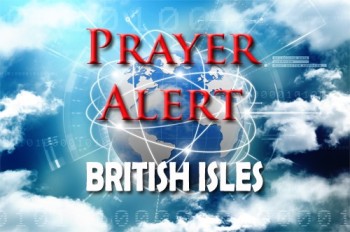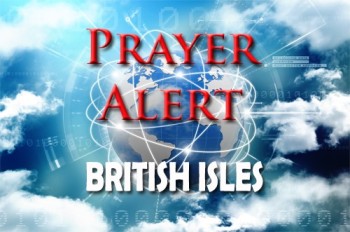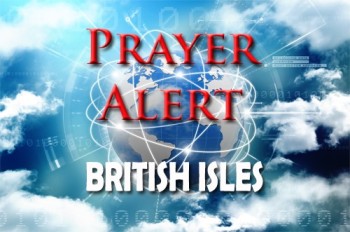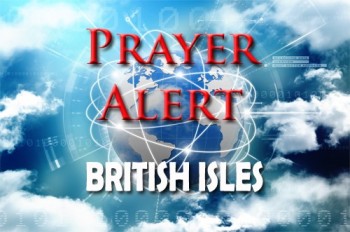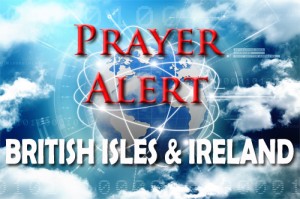Displaying items by tag: government policy
Malaysia: calls for more thought about elephant relocations
Human-elephant conflict in Malaysia has resulted in nearly five thousand complaints and RM40 million (£7 million) in losses over the past four years, prompting conservationists to call for a deeper, more strategic approach than the long-standing practice of elephant translocation. Prof Dr Ahmad Ismail of the Malaysian Ecological Association stressed the need for a comprehensive understanding of elephant biology, behaviour, and ecology to manage habitats effectively. He also called for strengthening ecological corridors and fostering cooperation with state governments. Meanwhile, the government wildlife department has initiated a year-long translocation operation involving 25 elephants, beginning in Johor and expanding to other conflict-prone states. A commentator, noting that limited natural landscapes leave elephants with nowhere to roam, says, ‘The elephants and all other forms of wildlife were here first’. This discussion underscores the need for proper funding and stronger commitment to preserving Malaysia’s remaining forests and natural resources.
Less meat and smaller portions in school meals, caterers say
Schools across England are struggling to provide nutritious meals as rising costs outpace government funding for free school lunches. Michael Hales, incoming chair of the Lead Association for Catering in Education (LACE), reports caterers are reducing meat portions, using cheaper ingredients, and serving smaller meals to cope with financial shortfalls. While the government recently announced an expanded free meals programme - potentially benefiting an additional 500,000 children by 2026 - the funding increase of just 3p per meal, to £2.61, falls far below actual costs, estimated at £3.45 per meal. Headteachers say they are having to divert tens of thousands of pounds from educational resources to cover meal deficits. Parents, expressing concern over declining meal quality and nutrition, have called for significant investment in school food programmes. Regional disparities further complicate matters, with higher funding rates in London, Wales, and Scotland. Without intervention, schools will struggle to meet government food standards and ensure children receive the healthy meals essential for learning and well-being.
Parents of SEND children fight private school VAT hike
Parents of children with special educational needs and disabilities (SEND) are challenging the Government in the High Court over the imposition of 20% VAT on private school fees. The Education Not Taxation campaign argues the policy disproportionately harms SEND families, many of whom are making significant financial sacrifices to access specialised education their children can't receive in state schools. Families testified to working seven days a week and missing precious time with their children just to afford tuition. The campaign estimates around 35,000 SEND pupils could be forced out of private schools due to the new tax, into a state system already described as 'in crisis.' While the Treasury argues the tax will raise £1.5 to £1.7 billion a year, families insist it's a breach of their rights and deeply unfair to vulnerable children. The case continues in the courts.
Major study finds Brexit ‘left long-term scars’ on UK
A University of California study highlights the long-term damage caused by Brexit and austerity measures on the UK’s economic growth and social cohesion. The report calls for urgent action from the incoming government to address setbacks since the 2008 financial crisis. Political scandals, such as rule-breaking during the pandemic, have intensified public discontent and eroded trust in UK institutions. The study warns of interlocking crises for the next government, including signs of stagnation, particularly in addressing social and economic challenges. The report predicts a potential historic defeat for the Conservatives in the election and a challenging path for Labour to restore public trust and economic stability. Labour’s pledges include fiscal discipline, housing and infrastructure reforms, and clean energy investments. The study concludes that austerity and Brexit have left lasting scars on the UK economy, urging the government to prioritise regional planning and recovery.
Church leaders oppose vaccine passports
948 church leaders have sent an open letter to Boris Johnson and the devolved nations’ first ministers, opposing the introduction of vaccine passports, which they call ‘one of the most dangerous policy proposals ever to be made in the history of British politics’. They warn of a ‘two-tier society’, divided between those who have had the vaccine and those who will be barred from venues because of no immunisation. They intend to keep church doors open to all, regardless of whether they have had the vaccine. The scheme ‘has the potential to bring the end of liberal democracy as we know it and create a surveillance state with the government using technology to control aspects of citizens' lives’. However recent surveys have indicated a high level of support for passports among the public, albeit with some concerns.
Kazakhstan: state demands personal data
In another invasion into Christian freedom of religion, a Kazakh regional religious affairs department has demanded the personal data of everyone under 18 who attends Christian meetings for worship. It was not sent to Muslims. The department instructed locally-registered Christian communities to submit by 10 April full names, ages, place of study and personal state-assigned numbers of anyone under the age of 18 who met for Christian worship. The information was needed for ‘monitoring’. Darkhan Kalatayev is the new religion and civil society minister. Under him religious leaders risk prosecution if people under 18 attend worship against the wishes a parent or guardian. Prosecutions have been brought even in cases where neither parent has told a religious leader of their objections to such a person attending a meeting.
Bishops join calls to end indefinite migrant detention
In a rare move, 17 Church of England bishops have united with church leaders of other denominations to urge the government to end indefinite detention, This move followed a BBC documentary describing Brook House immigration centre as 'a toxic, brutal and a failing environment where self-harming is commonplace'. Data from the Migration Observatory showed that in the final quarter of 2016, 2,573 of the 7,078 migrants released from detention had been held for more than 28 days, and 53 had been held for over a year. In a letter to the Telegraph on 6 September, the bishops say they are 'deeply concerned' by the findings, and accuse 'some politicians and sectors of the media' of dehumanising immigrants. The complaint was organised by former G4S manager and now whistle-blower and priest, Nathan Ward.
France: Emmanuel Macron
Emmanuel Macron will now have to set his mandate: give way to demonstrators, or forcefully implement his manifesto? Which is worse, a massive budget deficit or cuts in social spending? Should he give way to human rights lobbying for accommodation for Calais refugees, or be hard-headed (because housing them might just encourages more)? On these and a host of other questions, no-one knows his thinking. His rule is different from all that went before. His party didn't exist until he dreamed it up last year. Not since Charles de Gaulle, in 1958, has a head of state had such a powerful majority of men and women who depend on him. Half the new parliamentarians will need lessons (literally) in how to do their jobs as they tackle 10% unemployment - nearly 25% among under-25s; bloated public spending (56% of GDP, compared with 44% in Germany and 39% in the UK); and low economic growth.
North Korean missiles, Trump, and the G20
Donald Trump ordered a ballistic missile drill with South Korea on 5 July, firing missiles north in response to North Korea's launching a test ballistic missile, which could reach Alaska, the previous day. At the G20 summit in Hamburg, Trump will come face-to-face with his Chinese and Russian counterparts following their recent joint statement on North Korea. In it they vowed to work together on a diplomatic solution to Pyongyang's nuclear threat. Onlookers are wondering if Mr Trump will personally repeat his recent tweet which attacked China's trade with North Korea and questioned Beijing's loyalties. The US secretary of state said the missile test escalated the threat to the USA, the region, and the world; Trump said he is 'prepared to retaliate against North Korea ALONE'.

